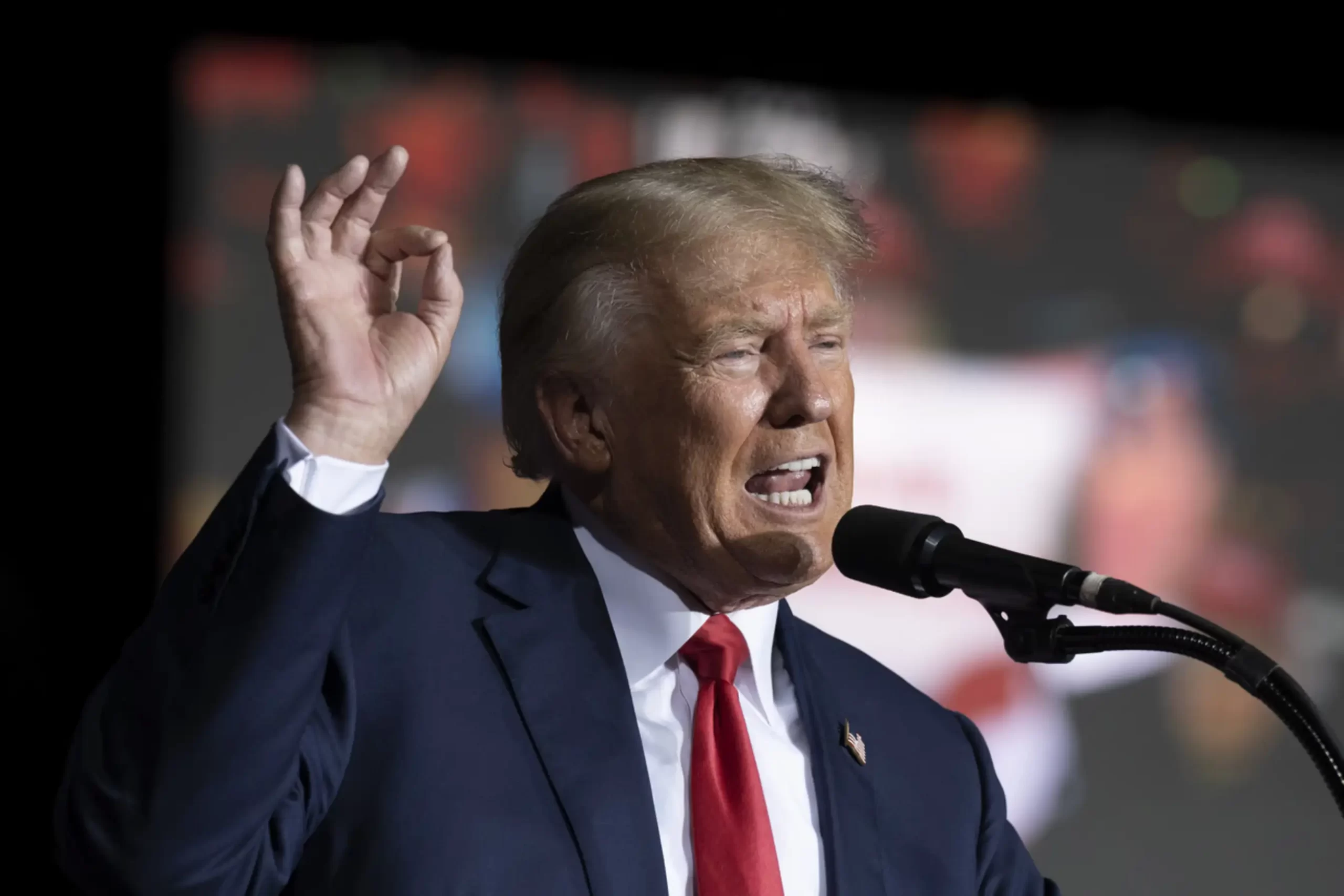WASHINGTON : Former President Donald Trump’s might turn to the Supreme Court for help in his legal battles, even though history suggests he might not receive the support he seeks. As Trump and his allies deal with a 41-count indictment in Georgia for their involvement in the 2020 election dispute, experts suggest that Trump could ask the high court to weigh in on several questions related to the case. This might extend to other criminal matters in New York, Florida, and Washington, D.C.
While the ultimate outcomes of these cases are unlikely to reach the Supreme Court, the justices might be asked to determine if two cases should be moved to federal court. There could also be queries about whether Trump and other former federal officials are entitled to immunity. Another potential question is whether efforts to limit Trump’s public comments about his legal issues during the 2024 campaign align with the First Amendment.
Josh Blackman, a professor at South Texas College of Law Houston, anticipated that “SCOTUS ain’t getting off easy here.”
These appeals would coincide with the Supreme Court being closely watched for its decisions on divisive issues like abortion, LGBTQ+ rights, and more. Simultaneously, the court is keen to avoid appearing politically biased and has repeatedly turned down appeals from Trump.
However, whether these efforts succeed might not matter much. Trump’s history shows that he often employs long-shot appeals as a delay strategy. Here’s a closer look at some of the issues that might be appealed:
Seeking Federal Review: It’s expected that Trump will ask a federal court to take over the Georgia case, potentially to secure a more sympathetic jury. President Joe Biden won Fulton County by a large margin in 2020.
A similar request was made in New York, where Trump faces a 34-count indictment from Manhattan District Attorney Alvin Bragg. A U.S. district judge denied the request, leading Trump to appeal to the U.S. Court of Appeals for the 2nd Circuit. This decision could eventually reach the Supreme Court.
Federal Law and Immunity: Federal officials are allowed to move their cases to federal court if the state charges are related to their federal government duties. This principle aims to prevent states from obstructing the federal government by prosecuting its employees. Trump could argue that his election challenge was part of his role as president to safeguard the voting process.
Another claim is based on the Constitution’s supremacy clause, asserting that federal officials are immune from state prosecution when executing their official duties. This argument could draw on an 1890 Supreme Court case involving a U.S. Marshal who shot a man assaulting a justice. The Court ruled the Marshal couldn’t be guilty of a state crime for actions authorized by federal law.
Trump might argue that his actions in Georgia were carried out in his capacity as president. Such arguments could proceed to a lower court ruling, which could be appealed to the federal appeals court, and ultimately to the Supreme Court.
Eric Segall, a law professor at Georgia State University, noted that these laws protecting federal officials from state prosecution serve an essential purpose. However, he questioned whether Trump’s actions would warrant immunity.








